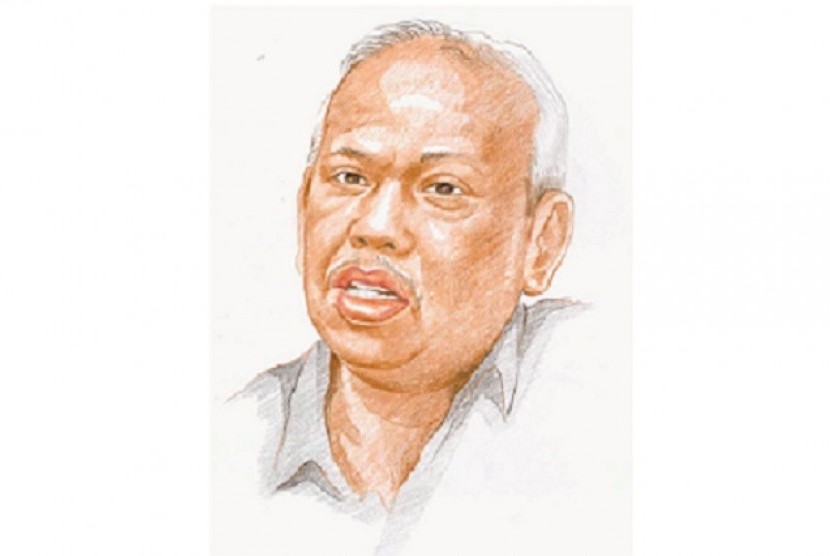REPUBLIKA.CO.ID, By: Azyumardi Azra
Freedoms of religion in Asia Pacific clearly still an unfinished agenda and therefore should also be fight for. Violation of religious freedom and the persecution of religious groups are still going on in various countries in Asia Pacific.
Asia Pacific Forum of Religious Freedom Forum (APRFF) was first held in Taoyuan, Taiwan on 18-21 February 2016 and soliciting the network to promote and increase the religious freedom globally.
Speaking in APRFF panel discussion, the Resonance writer think, a violation of religious freedom due to several important factors associated with each other. First, the political system and the power that religious freedom does not justify on the basis of the state ideology that is incompatible with religion or reasons spirit of 'unity of the nation' or 'national development'.
However, there is also the political system and the power that gives religious freedom to the residents. In fact, freedom is guaranteed in the constitution and other legislation.
However, the ruling government and law enforcement agencies do not have the ability to uphold freedom of religion guaranteed by the law. As a result, a variety of intolerant groups that commit violence against people of other faiths communities can continue to perform the action.
That is why the promotion of religious freedom requires the consolidation of democracy and at the same time strengthening the rule of law in a fair, firm, and consistent. If democracy and the rule of law is still disappointingly during that state and the regime fails to ensure and uphold freedom of religion.
Violations of the freedom of religion are also related a lot to the economic conditions. The wider the gap between the rich and the poor, the greater the likelihood of misuse and manipulation of religion, especially for political and economic interests. Such a situation could lead to an increase in intolerance among various segments of society that often overlap with religious communities.
In that context, the will be a creation of prosperity and economic justice and equal opportunity to engage an important factor for the growth of religious tolerance. With economic justice, social life harmony can be created; various cultural and educational gaps between segments of society at the same time also can be overcome or at least reduced. No less important, with economic justice, social jealousy can be prevented from exploding into violence could be massive.
Violation of religious freedom can also be derived from religious sectarianism smolder; the higher the intra and inter-religious sectarianism, the greater the likelihood of violations of religious freedom.
Their religious sectarianism is difficult to avoid because all religions contain the sect, streams, different denominations; sectarianism it should not develop into intolerance of each other.
That's why religious sectarianism should remain controlled by the strengthening of mutual respect and respect that produce moderation and inclusion. In this regard, the intra and inter-religious dialogue that needs to be urgent.
In harmony with the views of the author of this resonance, "Taiwan Declaration" issued after APRFF among other states, "Progress freedom of religion and belief has a direct correlation with the promotion of democracy, human rights, economic prosperity and a vibrant civil society."
Conversely, a restriction of religious freedom and the persecution of religious communities directly contribute to forced migration. As a result, there was an increase in the number of refugees fleeing persecution committed or condoned by the government. This situation eventually led to a crisis in the Asia Pacific region, such as in West Asia (Middle East), Myanmar, or Afghanistan.
Therefore, all stakeholders need to respond to migration and refugee crisis by providing safe haven and provide human services to individuals and communities who experience various restrictions in their religious lives. At the same time, the need to increase the economic benefit for each and all of them were excluded.
Finally, for the promotion of religious freedom, Taiwan Declaration also expressed the importance of deepening and strengthening of political institutions, culture, and education. At the same time, it is also necessary to strengthen and empower the dialogue devoted to the development of religious tolerance.


